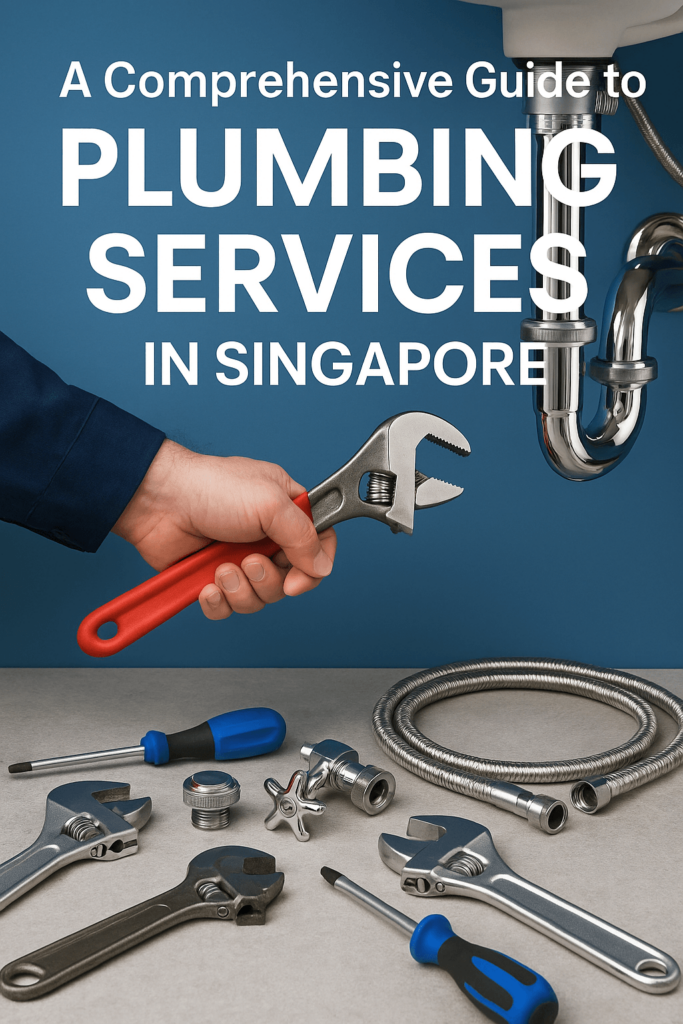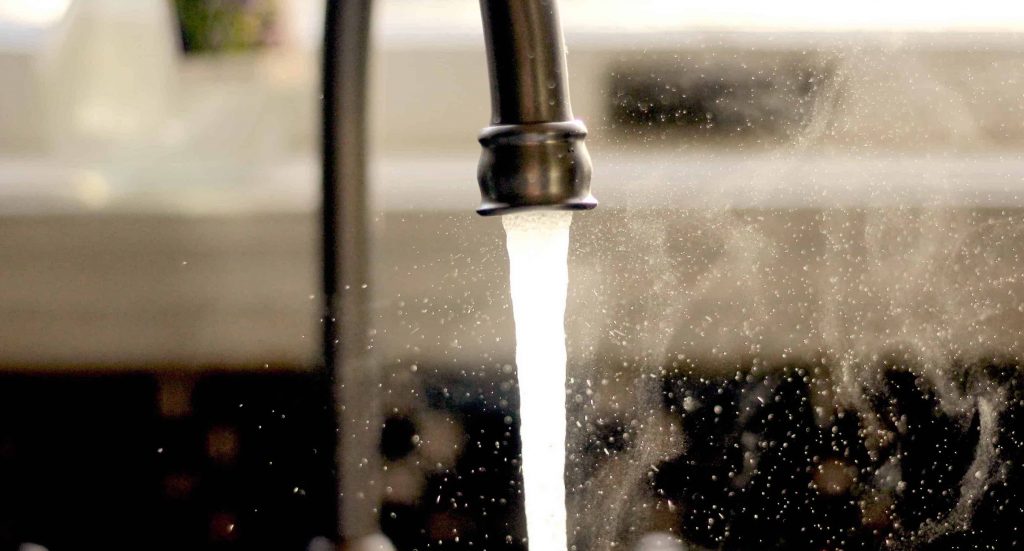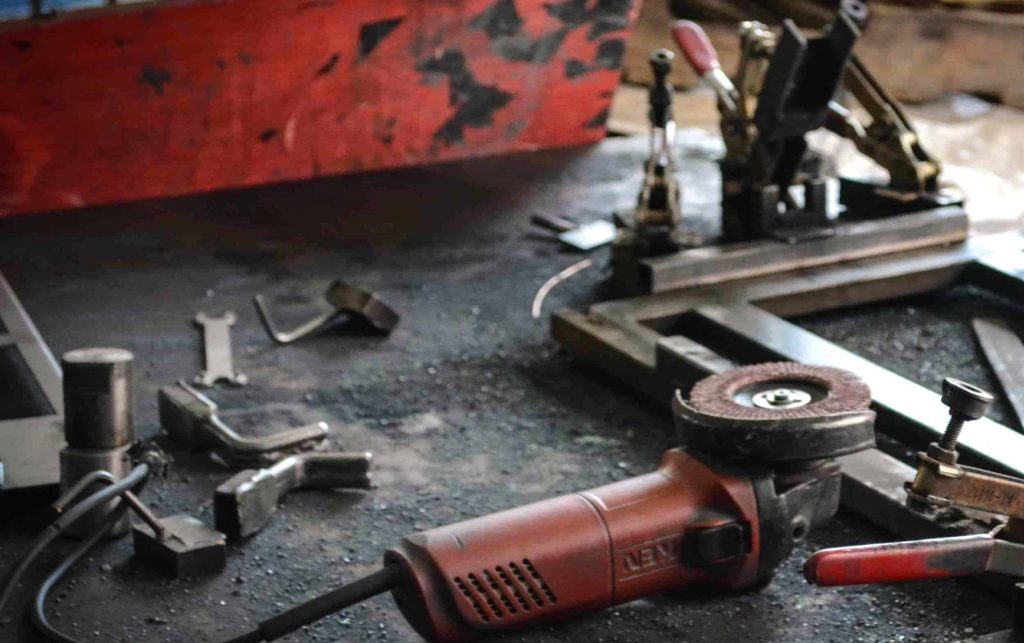While living in a house, you might experience normal wear and tear as well as other issues in various elements of the home. One of the most common problems that you will face in your bathrooms and kitchen is the issue of clogged drains and pipes.
This clog could be in the floor drains or the sink. Sometimes, a clog in the floor drain can even cause problems of choking in the sink or the toilet bowl. Drain choking can also cause an unpleasant smell.
There are several causes of why a drain clogs. In this article, we will describe the most common causes of drain clogs and how you can solve that problem. We will also discuss ways through which you can prevent your drain and pipes from clogging and choking.
Find a Toilet Repair Professional
5 Common Causes Of A Clogged Drain
A drain clogged with debris is an issue that needs to be appropriately addressed. It might cause further issues such as a drain choke or a floor trap. Water cannot clear effectively due to dirt, residue, and other types of blockage.
To fix this issue, you should first have some knowledge of what causes drains to clog. When you know the causes, you can be in a better position to try to fix them. The following below are the usual suspect of causing drains to clog:
1. Dirt, Dust, and Debris
One of the most common reasons why floor drains clog is because of the accumulation of dirt and dust over time. If the drains are not regularly cleaned, this dirt builds up along with other elements such as oil, grease, or soap will form solid substances which will cause the drain to clog.
2. Foreign Matters
Sometimes, small objects can fall into the entrances of the pipe which result in choking the drain over time. These can range from small insects to leftover food items, or even other things that small children in the house might have thrown in the drain.
3. Oily Substances
This cause is mainly the source of clogged kitchen drains. Pouring small amounts of cooking oil and grease may seem harmless but they may coat the walls of pipes over time and combine with other debris to solidify, ultimately causing a blockage.
4. Pieces of Soap
Soap is also a common cause of clogged bathroom drains. After showering, small bits of soap and soap residue (or soap scum) can form a build-up in the pipes. This will reduce the surface area of the drain, causing them to slow down the drainage and clog up. Hair and dirt may also be found with soap to clog the bathroom drain.
5. Hair
Clogged hair in the drain is also one of the most common culprits. The hair that accumulates in the pipes will lead to its clogging if it is not regularly cleaned. It could worsen if the hair is badly knotted up with substances such as grease and soap. Most drains clogged with hair can be found in bathroom sinks, bathtubs, and showers.
How To Clear A Clogged Drain
Having a drain clogged can be quite bothersome and pose a dilemma for you. However, clearing them is not a difficult task and can be done by you easily. In some cases, you might need to call a plumber to help you unclog, but some of the easy remedies can easily be done by you.
Some of the ways through which you can clean drain clogs are described below:
Make Sure You Have The Right Instruments
The first thing that you have to consider is whether you have the right tools for unclogging or not. Depending on the various causes of the clog, as described above, you would need different types of equipment.
These can include cleaning solutions, plungers, and other devices. These are further described below. The first step that you should do is to identify what is causing the clog and then use the corresponding tools to unclog it.
Homemade Cleaning Solution
You can create your own cleaning solution at home and try to unclog the drain with it. If it does not work, then you might need a stronger cleaning solution from the market. You can easily make a homemade solution by using ingredients that can be found in your home.
These ingredients include baking soda, lemon, and vinegar. To make the solution, take one cup of vinegar and add about ¼ cup of lemon juice to it. In the drain, run some hot water and pour half a cup of baking soda into it. Leave it for 5 minutes.
Then add the mixture of vinegar and lemon in it followed by a cup of boiling water. Again leave it for 10 minutes and then check to see if the clog has been cleared or not. You might need to follow these steps 2 or 3 times to unclog the drain properly. If the drain still doesn’t unclog, you might need a stronger cleaner from the market.

Use A Plunger
A plunger is a great tool that can be used in unclogging drains. A plunger can be used in combination with a cleaning solution.
First, use the homemade cleaning solution or the cleaner from the market to loosen the blockage to some extent. Then use a plunger to clear the blockage. Follow this with another cycle of cleaning with the home cleaner or the one from the market. Hopefully, these steps will unclog the drain.
Helpful read: Plumbing Cost Guide
Flexible Coil
In some cases, a plunger may not be effective in unblocking the chokes. This is especially the case where the blockage is spread out far through the drain pipes.
A flexible coil of wire, also called a plumbing snake, can easily navigate through the long drain pipes and reach the blockage. With some pressure, it will be able to break down the blockage and clear it to allow water to flow freely through it.
Vacuum Cleaner
A wet/dry vacuum cleaner can also be used to clear the blockage from the drain pipes. Such a vacuum cleaner can easily work too; it can be used to pull out the debris and matter which is causing the clog.
Call a Professional Plumber
If, after utilising all the above solutions, you cannot unclog your drain pipes, it might be a good idea to call a professional plumber who will examine the source of the problem and utilise his expertise in fixing the issue.
Professional plumbers have specialised tools and equipment that can solve the issue of drain clogs quite easily.
How To Prevent Clogged Drains
Apart from the proposed solutions, there are ways in which you can prevent them from occurring in the first place. Some of these ways are listed below:
- You can almost always prevent a drain from getting clogged if you regularly clean the drain yourself. This includes not letting foreign objects go in the pipes to prevent any blockage.
- Cleaning the drain pipes regularly, using any of the cleaning solutions mentioned above, before a drain is clogged can help prevent clogs from occurring.
- It is a good idea to use bacterial drain cleaners every once in a while to help clear the drains as well as kill the germs.
- In the kitchen, avoid pouring leftover oil or grease down the drain as it can result in a clog. Don’t let even small pieces of leftover or wasted food go down the drain. You can install a waste catcher in the sink and clean it regularly to prevent waste from going into the drain.
- In the bathroom, keep soap scum and hair away from drains. Install hair catchers over the drain so that no hair enters the pipe during showering. The hair that gets accumulated above the drain can easily be collected and disposed of.
The above guidelines can help you understand the causes of why drains clog and how you can fix this problem. Whether you hire a plumber to unclog the drains or do it yourself, you can employ the various strategies described above to prevent clogs afterwards.
Find Toilet Installation Services
How Much Does It Cost to Clear a Clogged Drain?
If you have to unclog a drain, it is important to note that the price varies depending on the severity of the clog, the drain’s location and the method used to clear the blockage. Below is an estimated list of the cost to unclog a drain in Singapore.
- Plunger: Using a plunger to unclog a drain will cost you anywhere from S$30 – S$50.
- Chemical Drain Cleaner: You can find chemical drain cleaners for around S$10 – S$30 per bottle. Do note that they may harm your plumbing system and will not be as effective.
- Drain Snake: Using a drain snake to unclog your drain will cost around S$80 – S$120 depending on the length and complexity of the issue.
- Hydro-Jetting: Hydro jets are super effective when it comes to unclogging a drain as they use high water pressure to clear the blockage. However, they are very expensive and cost around S$150 – S$300 depending on the size and complexity of the clog.
The cost of repair or replacement will be higher if the clog is extremely severe or the plumbing system is damaged. Hence, it is important to contact a professional plumber to look into the issue and provide an accurate quote.
How to Choose a Reliable Plumber in Singapore?
Choosing a reliable plumber is important to ensure that your clogged drains are properly addressed and resolved. Here are some tips on choosing a reliable plumber:
- Check for licenses and certifications: Make sure the plumber is licensed by the Public Utilities Board (PUB). This ensures that the plumber has the necessary training and experience to handle your plumbing needs.
- Look for reviews and references: Check online reviews and ask for references from family, friends, or neighbors who have used plumbing services. This can give you an idea of the plumber’s reputation and the quality of their work.
- Compare prices: Get quotes from multiple plumbers to compare prices and get the best deal.
- Check for insurance: Make sure the plumber has liability insurance to cover any damages that may occur during the service.
- Ask about warranties: Ask the plumber about warranties or guarantees on their work, so you can have peace of mind knowing that any issues will be addressed.
- Check availability: Make sure the plumber is available when you need them, especially for emergency services.
- Communication skills: Communication is important for both sides to have a clear understanding. Choose a plumber who is responsive and communicates clearly so they understand your needs and will address them effectively.
By following these tips, you will be able to find a reliable plumber who can address your clogged drains and ensure that the plumbing system is functioning properly.
Frequently Asked Questions on Clogged Drains
What should you not do when a drain clogs?
Although pouring boiling water down your drain is ok, pouring it down a blocked drain isn’t unless you have metal pipes. Drainage systems with PVC pipes might get damaged if you dump boiling water as the clog traps water and melts the PVC pipe and seal.
Another item that you should not be using would be chemical drain cleaners. Pouring too much or using a chemical cleaner that is too strong may corrode your pipe and damage it. Moreover, having a strong cleaner that is highly corrosive can put your skin at risk of a chemical burn.
What happens if you leave a clogged drain unattended?
If you don’t tend to the clog for a long period of time, there can be serious consequences as the blockage worsens. Not only will it be more difficult to remove, but your drain will also take a longer time to remove water which will cause flooding or stagnant water. Pressure in the pipes will also increase, leading to a possible crack or even burst. Hence, it is recommended to attend to the issue as soon as it is discovered to reduce all these problems that may create a hole in your wallet.
How often should I clean my drains to prevent a clog?
How often should you clean your drains depend on the following factors: household size, age of the plumbing system and how often you use it. It is recommended to have your drain cleaned every 1-2 years to prevent clogging and have your plumbing system functioning properly.
If you have a larger household and use the drain frequently, or you have an older plumbing system, you will have to get them cleaned more often. Some potential signs of a clog that you should look out for include slow drainage, foul smell or unusual sounds from your pipes. You should start clearing your drain sooner if you begin to see these signs to prevent a more serious blockage.
Can clogged drains cause a bad smell?
When a drain becomes clogged, it can cause a wide range of problems, including bad smells. This is because debris has accumulated in your pipe and created a breeding ground for bacteria and other micro-organisms which will produce sulfur compounds that contribute to the foul smell.
In some cases, the smell can become so strong that they fill up throughout your home. This can be due to multiple drain clogs or if the clog is located deep in your plumbing system. Persistent foul smells can also be a sign of a serious plumbing issue that will require the attention of a professional.
Can clogged drains cause leaks and low water pressure?
Water is trapped in pipes when drains are clogged, causing a buildup of pressure. This can lead to a crack or rupture in the pipes which leads to leaks and water damage.
In addition, water is unable to flow freely due to the blockage and hence, results in low water pressure. This is common if the blockage is near the main water supply line.
Related Articles
- How To Select The Right Toilet Bowl For Your Bathroom
- Watet Heater Installation and Repair in Singapore
- 5 Common Types of Water Leakages and Solutions
We’re here to improve your home
Speak to hundreds of reliable pros, view their gallery, inspirations, and know the best prices with our resources.
Have full control over your home improvement projects with Homees.




